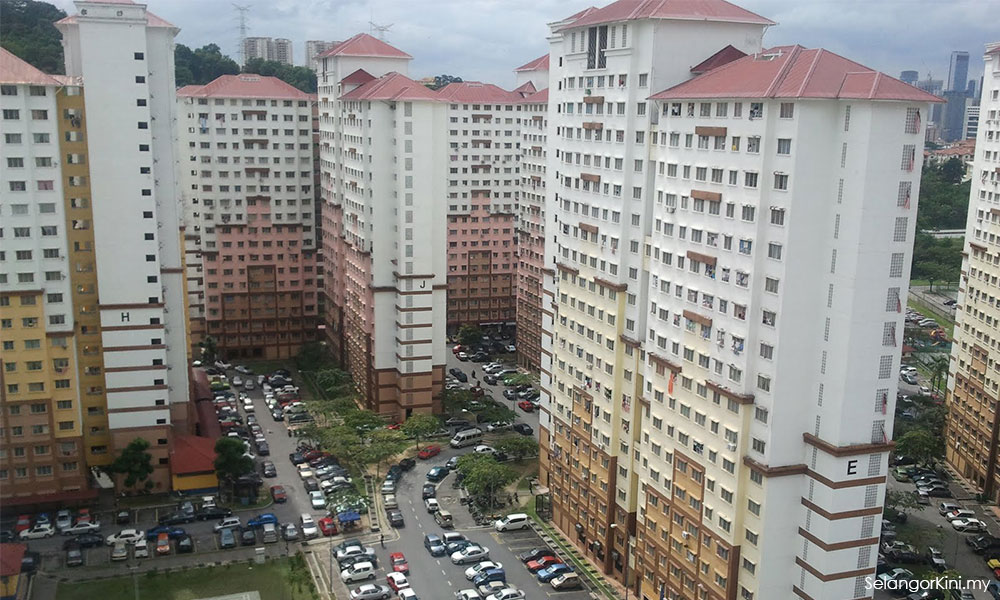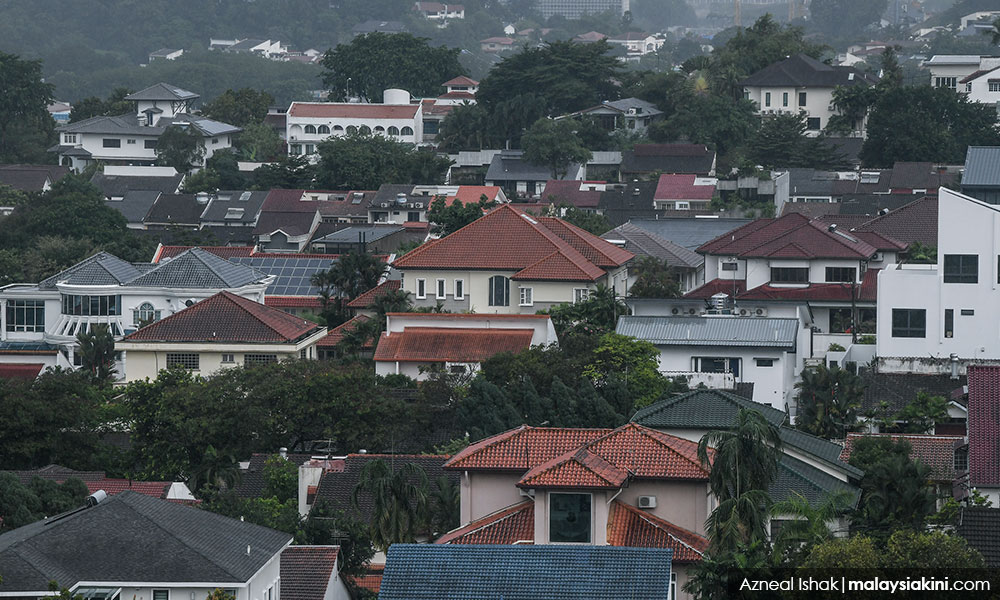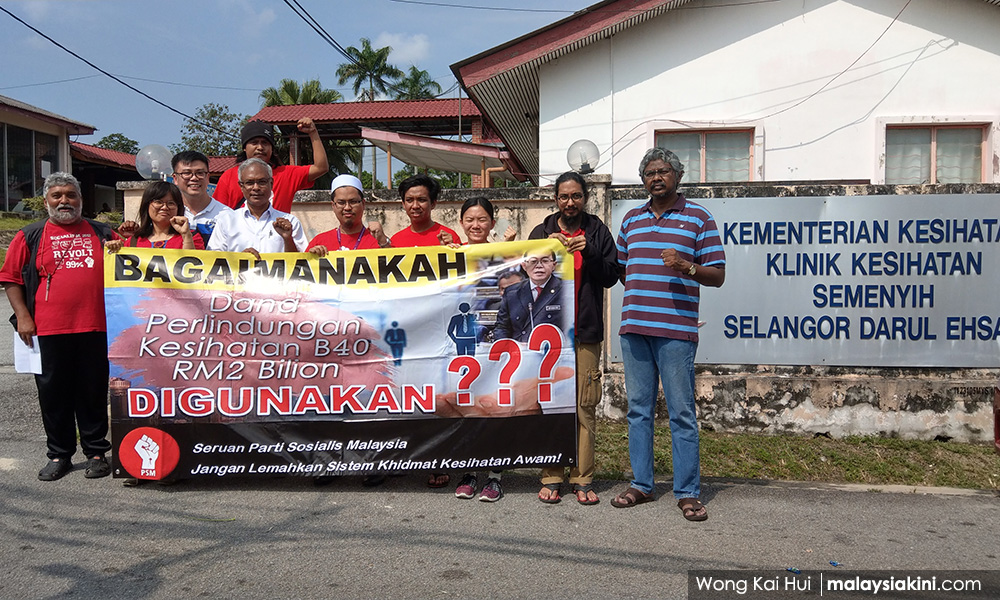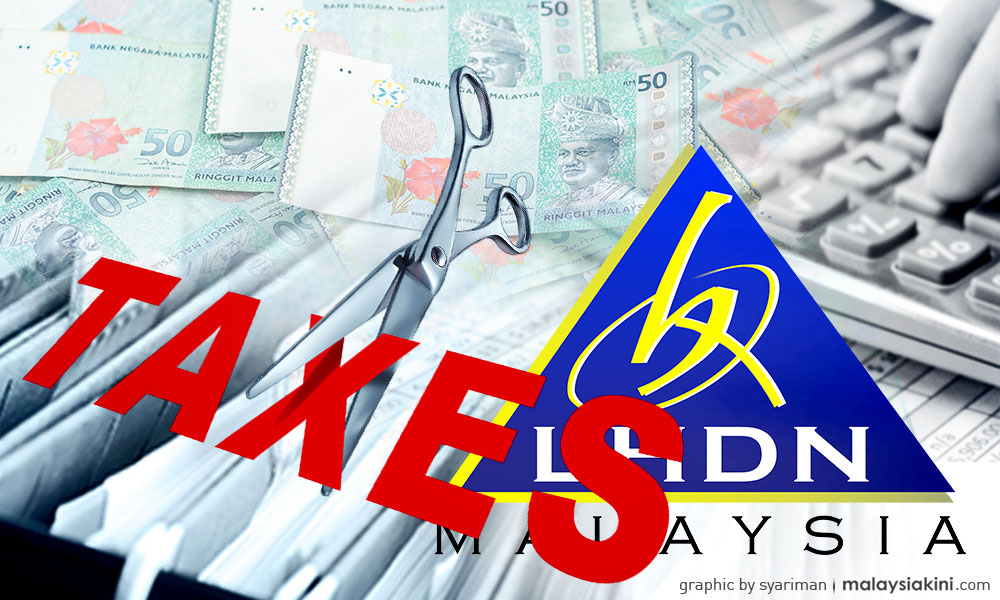COMMENT | Parti Sosialis Malaysia (PSM) wishes to congratulate the government for Budget 2020 that is on the whole a fairly responsible and sober handling of the government’s finances, given the existing constraints.
We note that social expenditure on education, health, housing, the Bantuan Sara Hidup (BSH) programme, as well as programmes addressing our traditional farmers and fishermen, have been maintained.
We also appreciate the efforts taken to promote Malaysian small and medium enterprises (SMEs) and to address imbalances and build capacity in that sector. It is good that several environmental friendly initiatives have been taken, such as the decision to procure 500 electric buses to enhance public transport, allocations to improve forest management and programmes to prevent flooding.
However, PSM would like to point out several aspects of the 2020 Budget that give us serious cause for concern. These include:
1. Housing for the poorest quintile of the Malaysian public
We know from government figures that around 25 percent of Malaysian families do not own their own houses. The majority of these 1.8 million-odd families would be in the lowest quintile of the Malaysian socio-economic pyramid, earning monthly household incomes of RM3,000 and below. There is nothing in this budget for their housing needs.

The Skim Rumah Mampu Milik (SRMP) launched in the 2019 Budget which parked RM1 billion under Bank Negara Malaysia to give low-interest loans (3.5 percent) to families earning less than RM2,500 per month witnessed a very low uptake last year.
As of June 2019, only about 300 families in the below RM2,400 income category had taken this loan. This clearly shows that the poorest families who make up our B20, are not in a position to buy houses that are currently being offered in the market.
The response to the government was to widen this scheme to cater for families earning up to RM4,300. This second poorest quintile also need helping buying houses, but that fact should not distract us from the truth that the SRMP was not properly conceptualised and that the bottom quintile’s housing problem remain unaddressed.
We need social housing. The PSM’s suggestion is that the government needs to develop a stock of social housing which can be rented at RM100 – RM200 by the B20 (poorest quintile) families. These social housing schemes should have facilities for childcare, community activities and fields for playing so that they do not degenerate into urban slums.
The example of Singapore’s Housing and Development Act should be studied and implemented. However there is nothing in this budget along this direction. We seem to still be relying on the private market to do something that they haven’t been able to do up till now.
2. Sending the wrong messages to property developers
The decision to lower the threshold for the sale of houses and apartments to foreigners from RM1 million to RM600,000 will have the adverse effect of encouraging developers to continue building expensive houses that are out of reach for most Malaysian families. Not only that houses truly affordable for the Malaysian M40 (RM300,000 and below) are not built in sufficient numbers, the price of land is also driven up by the building of expensive houses for the expatriate population.

PSM recognises that the government needs to find a way out for the developers who have close to RM20 billion of unsold residential property, but we feel they should also be given a clear message that they cannot continue to build such expensive houses in the future.
PSM’s suggestion is to allow them to sell to foreigners but with the imposition of a penalty of 25 percent on the selling price to be paid to the government for use to develop the stock of social housing. In other words, we give them a lifeline to prevent bankruptcy, but at the same time not allow them make a huge profit out of their irresponsible behaviour.
3. Health Tourism?
PSM is very disappointed with the allocation mentioned in paragraph 85 of the Finance Minister’s speech – of RM25 million for the promotion of Health Tourism. The amount is puny in comparison to other budget items, but it’s the thinking behind it that saddens us. The government seems to believe that healthcare can be treated like just any commodity and be used to earn foreign exchange for Malaysia.
All the arguments made by healthcare activists and academicians that the promotion of health tourism expands demand in private hospitals and that this, in turn, accelerates brain drain from the government hospitals seem to have not been heeded by Finance Minister Lim Guan Eng and his team.
The reality is that the shortage of experienced specialists is a huge problem in government hospitals and it impairs the quality of treatment received by the B40 and the M40, who go to government hospitals for treatment. Statistics show that 75 percent of Malaysians get inpatient treatment in government hospitals. It is unacceptable that the government promotes business activities that undermine the quality of care in government hospitals.
4. MySalam
The handling of MySalam is another cause of concern. While it is good that MySalam coverage has been widened by increasing the number of critical illnesses covered from 36 to 45, and by extending the upper age limit up to 65 years, it is very disappointing that there has been no consultation with the health NGOs or even the Malaysian Medical Association on the criticisms that have been made regarding MySalam.

The Ministry of Health has gone ahead with a “We know best and we do not have to listen to your approach” that they have displayed ever since this scheme was launched last year. We understand that the government paid Great Eastern RM400 million for the coverage that MySalam provided for 2019.
We also understand that MySalam’s pay-out to Malaysians is less than RM5 million from 1/1/2019 to date. We have not got clear answers regarding what is going to happen to the remainder of the RM400 million paid to Great Eastern for 2019 – who is going to hold it? What are the administrative charges that Great Eastern is deducting for its services? What is the government’s plan for the RM 395 million that is currently in Great Eastern’s hands?
And, will Great Eastern be paid another RM 400 million in January 2020 to give us the cover for 2020? It is hoped that these issues will be answered in the debate on the budget that will take place in Parliament and hopefully, the perception that the whole MySalam scheme is merely a sweetheart deal between the MOF and Great Eastern will be allayed.
5. Declining tax collection
The finance minister mentioned towards the end of his speech that Malaysia’s tax collection is only 13.1 percent of the GDP now. Lim seemed quite proud of the fact that it is lower than Vietnam’s 19 percent. We in the PSM see this quite differently. In our understanding, while the free market economy generates a lot of wealth, but given asymmetries in market power, the distribution of the wealth created often is skewed towards the richest one percent of society.

It is, therefore, one of the responsibilities of the government to use tax collections to not only pay for administrative costs but also to correct the imbalances in income distribution. To do that, the government needs to collect sufficient taxes. Tax collection in Malaysia was 21.4 percent in 2012, and it reduced stepwise to 15.2 percent in 2019. Now, it has dipped to 13.1 percent!
We think Malaysians as a whole should be alarmed by this decline in tax collections because it definitely limits the extent to which our government can intervene to provide support for the B20, our single mothers, our aged and to protect our environment.
PSM understands that given the structure of the global economy, we just cannot increase corporate taxes dramatically as this might lead to the relocation of corporations. However, we think this is an important issue that needs to be put on the National Agenda and discussed as there are ways in which it can be handled. We find it extremely disappointing that our current government does not even see the falling tax collection as a problem that needs to be handled holistically.
There are many other issues brought up in this budget that we have opinions on, but in the interest of space and time we will stop now and more analysis will follow later. PSM will continue to monitor the management of the Malaysian economy and submit our comments and suggestions for the consideration of the government as well as the members of the public.
DR JEYAKUMAR DEVARAJ is chairperson Parti Sosialis Malaysia (PSM).
The views expressed here are those of the author/contributor and do not necessarily represent the views of Malaysiakini.

